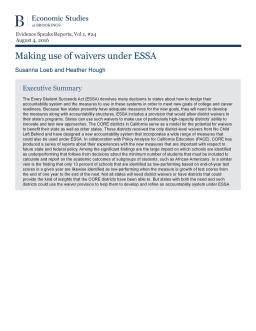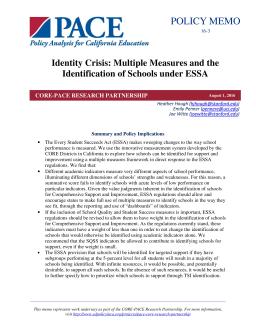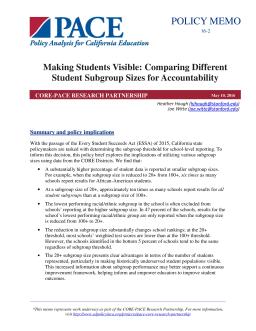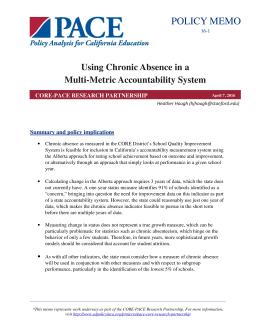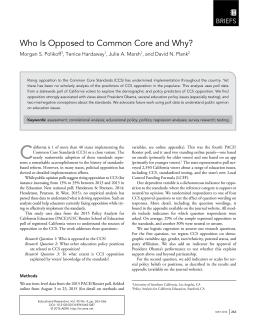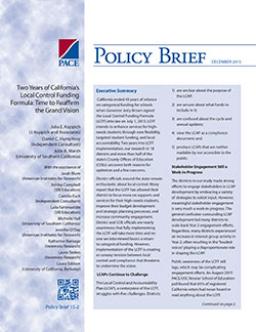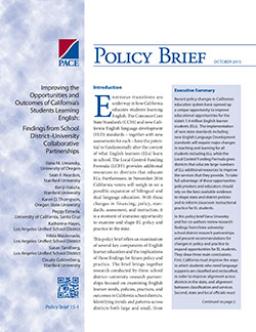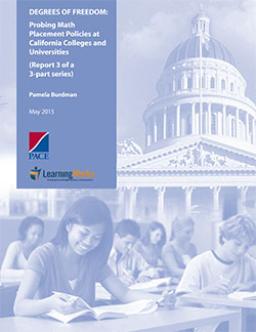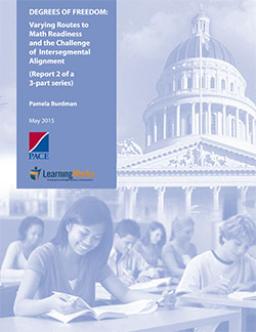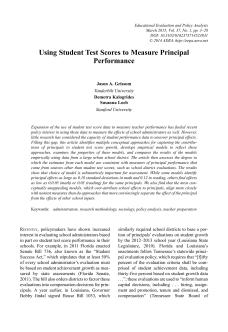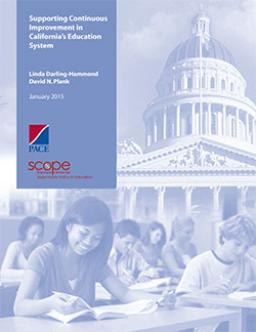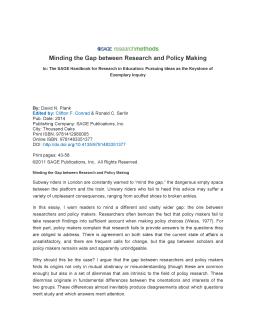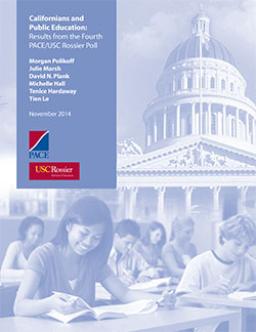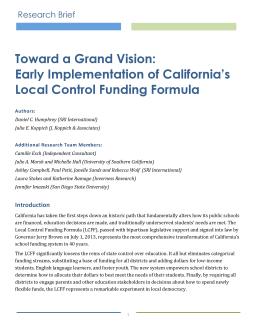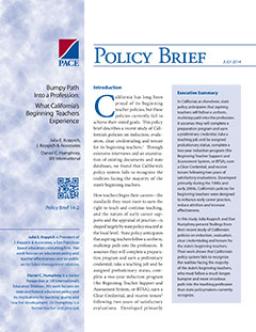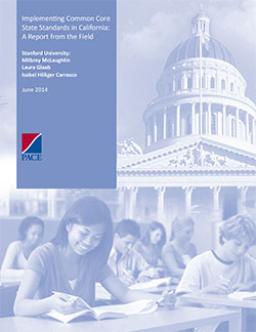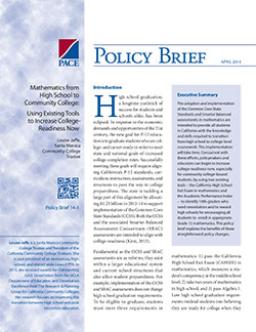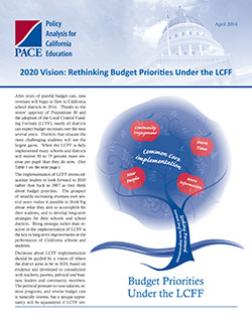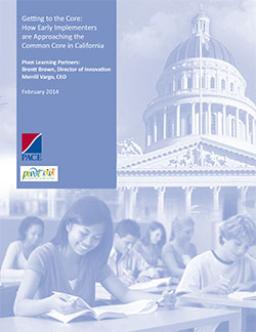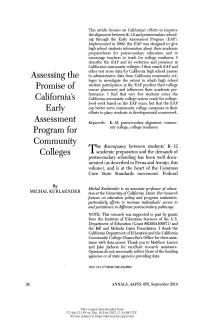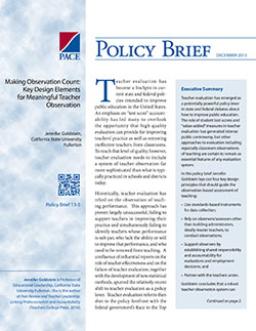Summary
California and the US are undergoing a cultural shift in school accountability policies towards locally-determined measures of school performance. Lessons can be learned from the CORE districts, which developed an innovative accountability system, emphasizing support over sanctions, and utilizing multiple measures of school quality. The CORE districts' measurement system and collaboration hold promise for improving local systems, but efforts to build capacity remain a work in progress.
Summary
Summary
This report examines the Every Student Succeeds Act (ESSA) and how schools can be identified for support and improvement using a multiple measures framework. The authors find that different academic indicators measure different aspects of school performance and suggest that states should be allowed to use multiple measures instead of a summative rating. They also find that non-academic indicators are not given enough weight and suggest a clarification in federal policy.
Summary
Summary
This policy brief analyzes the implications of using various subgroup sizes for school-level reporting under the ESSA. Data from the CORE Districts shows that a subgroup size of 20+ offers clear advantages in representing historically underserved student populations. The authors also produced a supplementary report comparing subgroup sizes of 20+ and 30+ in response to new ESSA regulations.
Summary
Summary
Summary
The Local Control Funding Formula (LCFF) replaced categorical funding for schools in California in 2013, providing flexibility, targeted student funding, and local accountability. Two years in, research shows optimism and concern. The Local Control and Accountability Plan (LCAP) faces challenges, stakeholders need more engagement, and implementation requires capacity and overcoming the emerging teacher shortage. Public awareness of LCFF lags at 65%.
Summary
Summary
Summary
Summary
Summary
Summary
California's new accountability system aims to provide meaningful learning for students, allocate resources to schools and districts based on student needs, and offer professional development for educators. The system holds schools and districts accountable through Local Control Accountability Plans (LCAPs), professional accountability, and performance accountability across eight priority areas. This system is a departure from the state's previous policy of setting performance targets based on standardized test scores.
Summary
The gap between researchers and policy makers is a significant issue. Both sides agree that the current state of affairs is unsatisfactory, but fundamental differences between their orientations and interests inevitably lead to disagreements about which questions merit study and which answers merit attention. The gap finds its origins in intrinsic dilemmas of policy research, making it wide and apparently unbridgeable.
Summary
CA is undergoing significant changes in its education system. The Local Control Funding Formula (LCFF) has decentralized authority and responsibility, with the Local Control Accountability Plan (LCAP) focusing on local strategies for improvement. Common Core State Standards (CCSS) and Smarter Balanced Assessment Consortium (SBAC) aim for improved instruction and deeper learning, but require significant changes. A PACE/USC Rossier poll surveyed California voters on their knowledge and opinions on these changes, including the Vergara case, teacher employment policies, and charter schools.

